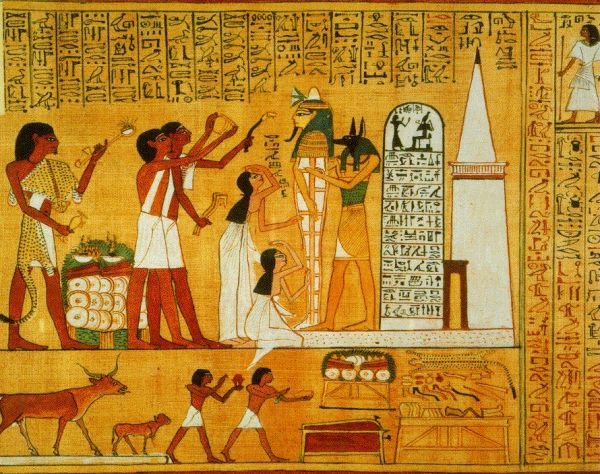A brief history of political propaganda & marketing – Part II

Political Marketing as science, politicians as living products
Until the first half of the XX century, political propaganda had only been restricted to the mass divulgation of arbitrary ideas. In fact, the term propaganda—which comes from the Latin “propagare” meaning “to spread, to extend, to be disclosed”—has historically been regarded as a synonym of exaggeration, misrepresentation, and abuse—the mere launch of a series of messages that seeks to influence the value systems and behaviours of citizens. Conversely, political marketing has generally become a more positive term, as it developed as a new and independent branch of political science within the contemporary realm of democratic values. It does not only deal with the spread of a message but also pursues great expertise in the democratic “game”—i.e., how to avoid abusive and illegal practices that can be eventually used by or against you. Moreover, since its inception, political marketing has been involved in critical dialogues with an increasing number of fields—from pure statistics to development studies, game theory, corporate ethics, crowd psychology, etc.—successfully cultivating its own theoretical framework and identity as a unique science.
It was in the 1950s that the distinction of propaganda and political marketing became more apparent. If propaganda was strongly based on personal charisma, in 1952, this paradigm took a radical turn when the then presidential candidate General Dwight Eisenhower decided to hire the advertising agency BBDO (Barton, Durstine, Osborn & Batten Co.) to work on his image during the election campaign. At this point, the candidate came to be treated as a political agent for social transformation (a political product) and not just as a person of immense charisma. BBDO’s role was to redirect the image Eisenhower had projected during the Second World War period to that of an efficient administrator. In addition, BBDO also had the challenge of adapting the candidate’s language for radio and TV inserts, two communicational pathways that were beginning to play a decisive role in American (and global) presidential campaigns. From this point on, the history of modern political marketing has taken on a new, solid form, becoming the conduit to very well structured electoral campaigns with the strategic support of mass communication media—initially TV and radio, until the arrival of more modern vehicles that would change the reality of political marketing forever: the internet and social networks.
The second communicational revolution in Political Marketing
The history of modern political marketing has undergone a major change with the emergence of the worldwide web. In the XXI century, the internet, and later on social media, have played a major role in defining most of the world’s horde of political leaders. Facebook, Twitter, and other digital tools were largely responsible for the election of former US president Barack Obama and present US president Donald Trump. In 2008, Obama’s marketers, Jason Ralston and Ben Self, were the first to realize the incredible potential that existed in social media and used them exhaustively.
Although some may exclusively attribute Obama’s victory to social networks, what was truly behind the digital strategy was the ability to mobilize digital activism to act as a channel for the propagation of the electoral message. Social media in politics does not only restrict itself to a number of followers, fans, or a number of posts but involves the ability to engage that leads to the effective participation of the electorate. The great insight of Obama’s political team was to bring digital militancy—which, at that time, was already great—to the physical environment. This macro-strategy itself can be understood as a change in the paradigm of political marketing practices, as the propagation of the face and the name of the political aspirant is not only possible through the old marketing channels and tools (an active approach), but is boosted by the electorate, who truly believes—and, more importantly, funds—the “change” of the political reality (a passive phenomenon ).
Political Marketing has always evolved alongside the development of temporal human values such as civil freedom and democracy, switching from a non-critical and sometimes misleading portrayal of the ruler (propaganda), who had gained power through arbitrary mechanisms, to the notion that the aspirant ruler must first undergo thorough public scrutiny (that is when good political marketing comes into play) to then be awarded political glory by a galvanized crowd. That is why the word leader best describes the main actor of the science of political marketing: he must be able to hypnotize the governed through a real belief in CHANGE. He must be able to prove his commitment with moral, ethical, and democratic values if he wants to enlist more followers who, in this day and age, are more aware and well-informed about the deceiving reality, although hidden in a virtual, candid world. Political marketing has been gradually proving itself to be a well-established science, with a set of practices, elements, and a culture, which contemporary politicians should rely on and abide by, whether during an electoral race or to augment their political influence.
Caio Franco Mitidiero (Master in Political Marketing)
Are you passionate about marketing? Then our Master’s courses might be right for you. Find out more about our Master Marketing & Sales, Digital Marketing and Business Transformation or Marketing and Corporate Communication.




